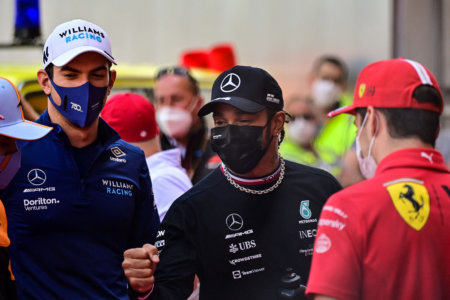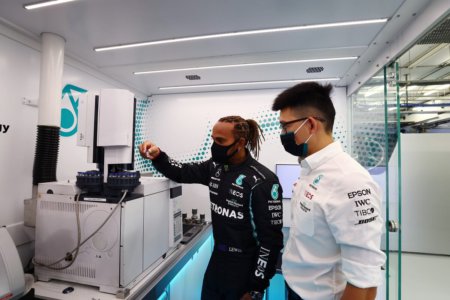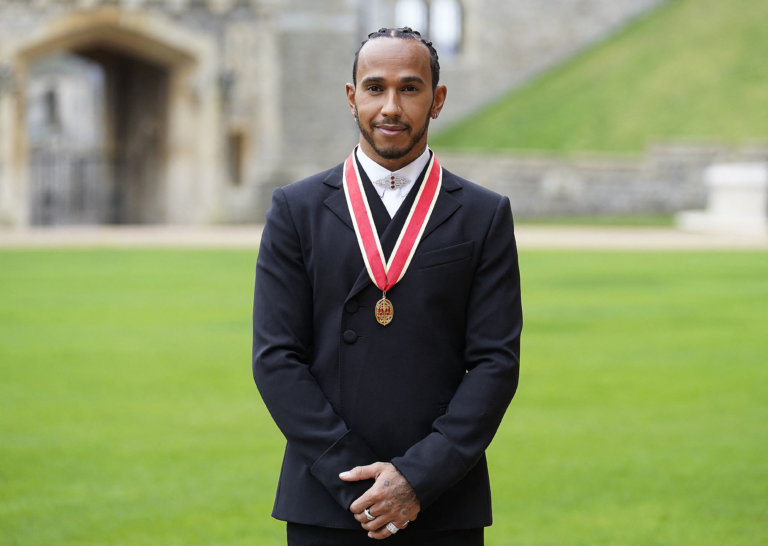
Sir Lewis Hamilton has made no secret that auto racing while being Black is fraught with systemic and personal challenges. Now, he’s pushing for more Black students to join Formula One (F1) by promoting STEM (Science, Technology, Engineering and Mathematics) initiatives to underrepresented communities.
F1’s poor track record in diversity
In a recent interview with ABC News, the seven-time world champion admitted that being the sole Black driver on the tracks has been a “lonely journey”, highlighting F1’s shortfall in addressing its lack of diversity. Over the years, Hamilton has repeatedly opened the conversation on F1’s racism problem, and steered a cultural shift on the lack of diversity in motorsports through his fame and social activism.
Hamilton’s case is a perfect illustration why F1 is unwelcoming towards Black people. Despite his superstardom, the driver has endured countless racist abuse by fans, other industry figures, and is repeatedly subjected to double-standards in media coverage.
“[I’m] most often the only person of colour in the room. And when I would ask the question, there was no real feedback answer to that,” he told ABC News. “So I put together The Hamilton Commission, because it starts with right, education, and understanding.”
That’s why he’s established the Commission, a research partnership with the UK’s Royal Academy of Engineering launched in June 2021 aimed at tackling the underrepresentation of Black people in UK motorsport and the STEM field.
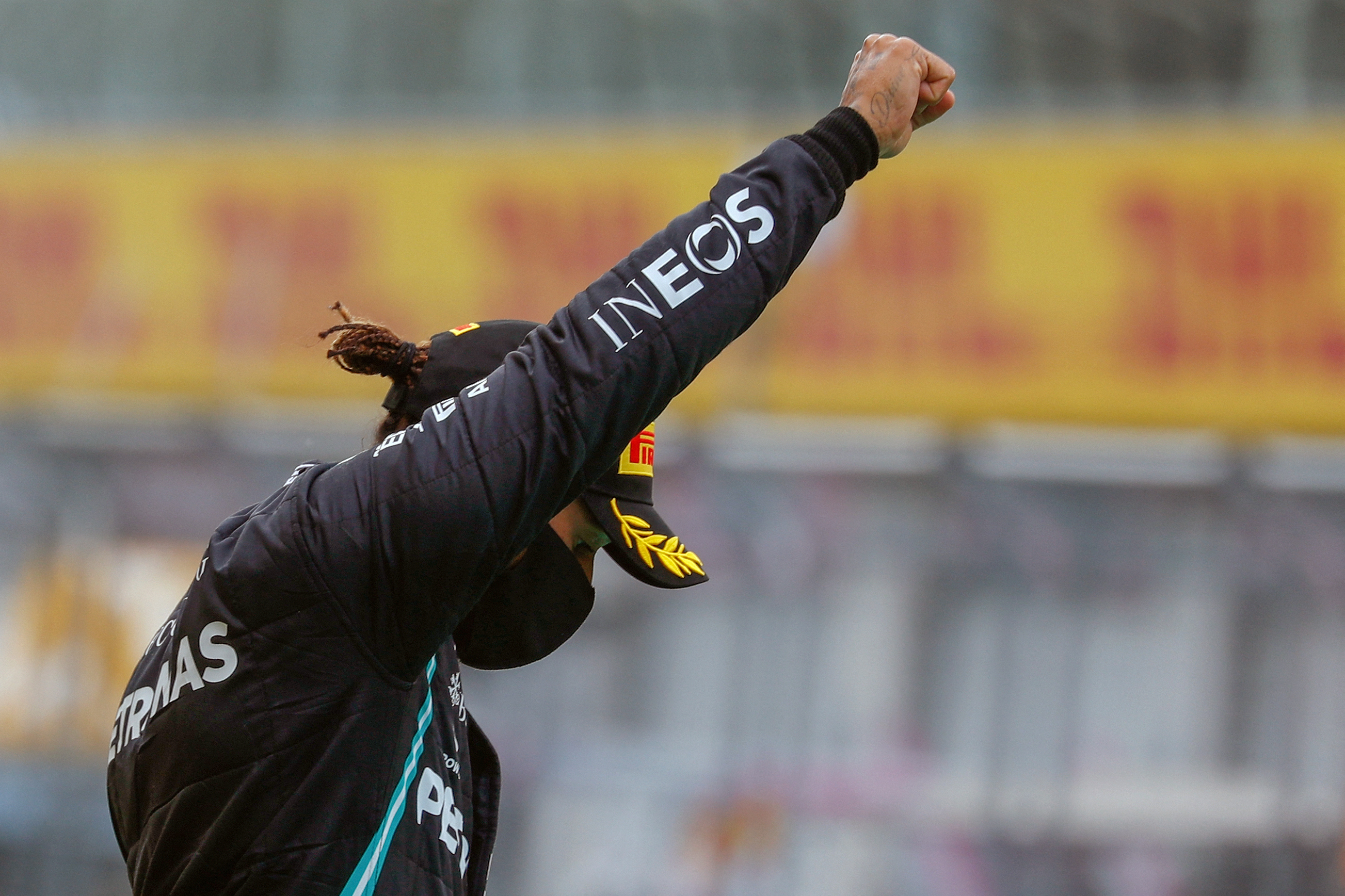
Sir Lewis Hamilton’s career has been fraught with racist abuse and double standards, and hopes The Hamilton Commission will spur F1 to shift gears towards greater inclusion. Source: Leonhard Foeger/Pool/AFP
Removing barriers for Black students to enter F1 and auto racing
The Commission released a report in December 2020 titled “Accelerating Change: Improving Representation of Black People in UK Motorsport”, which revealed stark findings after months of meticulous research. The report detailed that Black people only account for one percent of motorsport engineering jobs, and multiple incidences of outright racism are casually dismissed as “banter” in the industry.
From the study, the top three barriers detected for Black students to enter auto racing and motorsport-related jobs are not having adequate industry knowledge, the belief that the career “isn’t meant for them”, and the lack of role models. The outcome is even more severe with Black female students, who feel excluded from knowing about opportunities in motorsports as they get older.
To that end, the Commission has outlined 10 recommendations for the F1 to foster empowerment, accountability, and engagement to narrow down the accessibility gap, thus enabling minority students to pursue auto racing careers. It’s a move welcomed by F1, who has already set things in motion for greater diversity and inclusion in the sport.
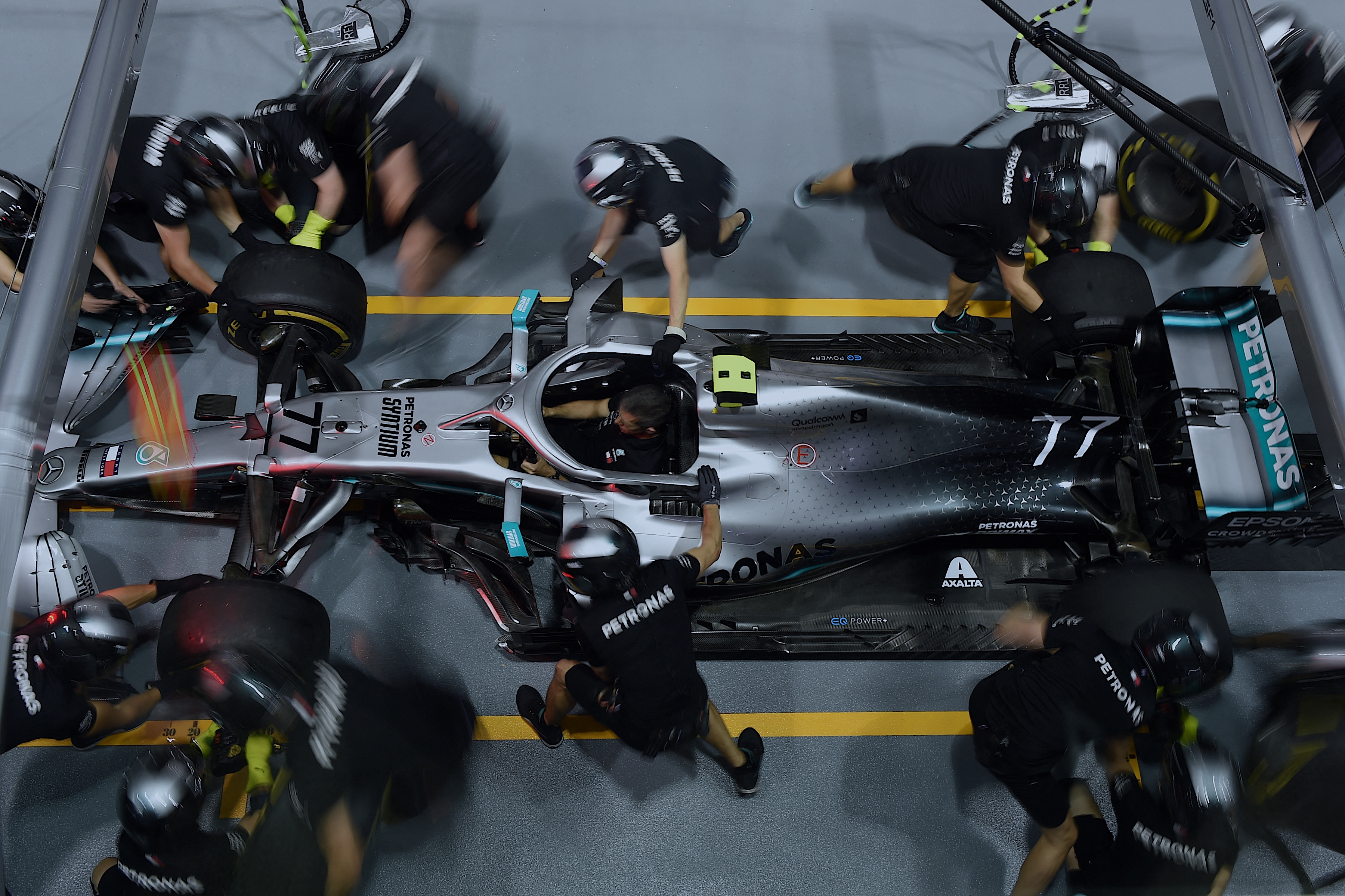
From a young age, Black students face many systemic barriers that deter them from pursuing careers in motorsports and engineering. Source: Mohd Rasfan/AFP
Last year, F1 introduced its #WeRaceAsOne initiative, offering engineering-focused scholarships and learning programmes to underrepresented students. The scholarship scheme was awarded to 10 students from underprivileged backgrounds to pursue an bachelor’s engineering degree in the UK, or a postgraduate degree in Italy.
The apprenticeship route focuses specifically on mechanical engineering, while six interns were given various roles across F1, including marketing and sports media in collaboration with The Black Collective of Media in Sports (BCOMS).
Nadim Bart-Williams, who began his five-month internship on Jan. 24, 2022, has been learning the ropes in F1 media writing. The road isn’t all smooth-sailing, but getting behind-the-scenes access to the sport has been surreal.
“I’ve seen the F1 paddock on television all my life and to walk through it on the first morning was like an out-of-body experience,” he wrote in a BCOMS blog post. “All in all, it was a great learning experience but something I made sure to appreciate.”
Just like Hamilton, Bart-Williams did admit to feeling lonely when he barely saw anyone of his skin colour at the paddock, but hoped that things will change for the better.









